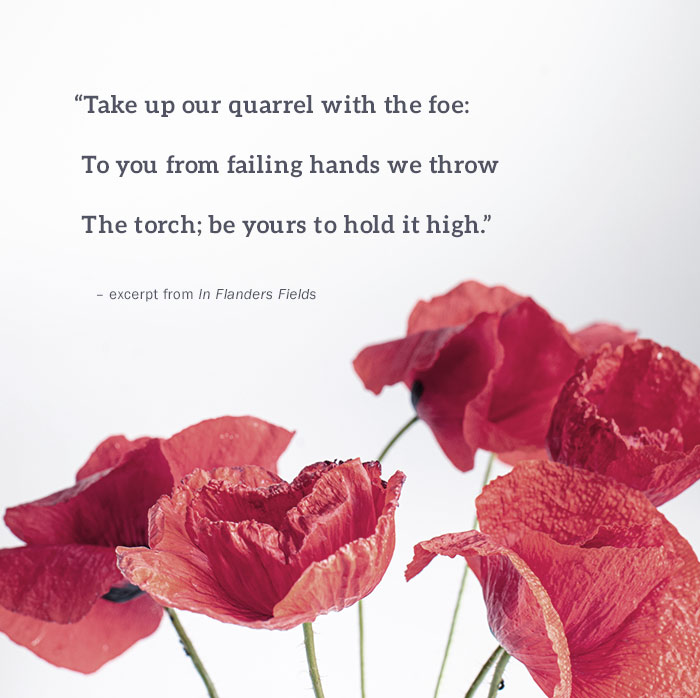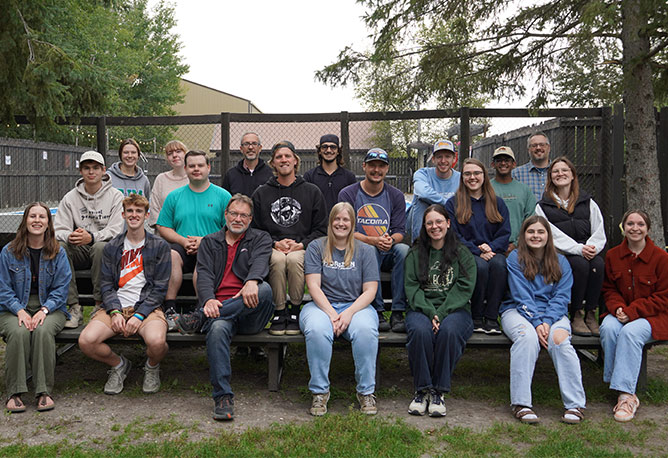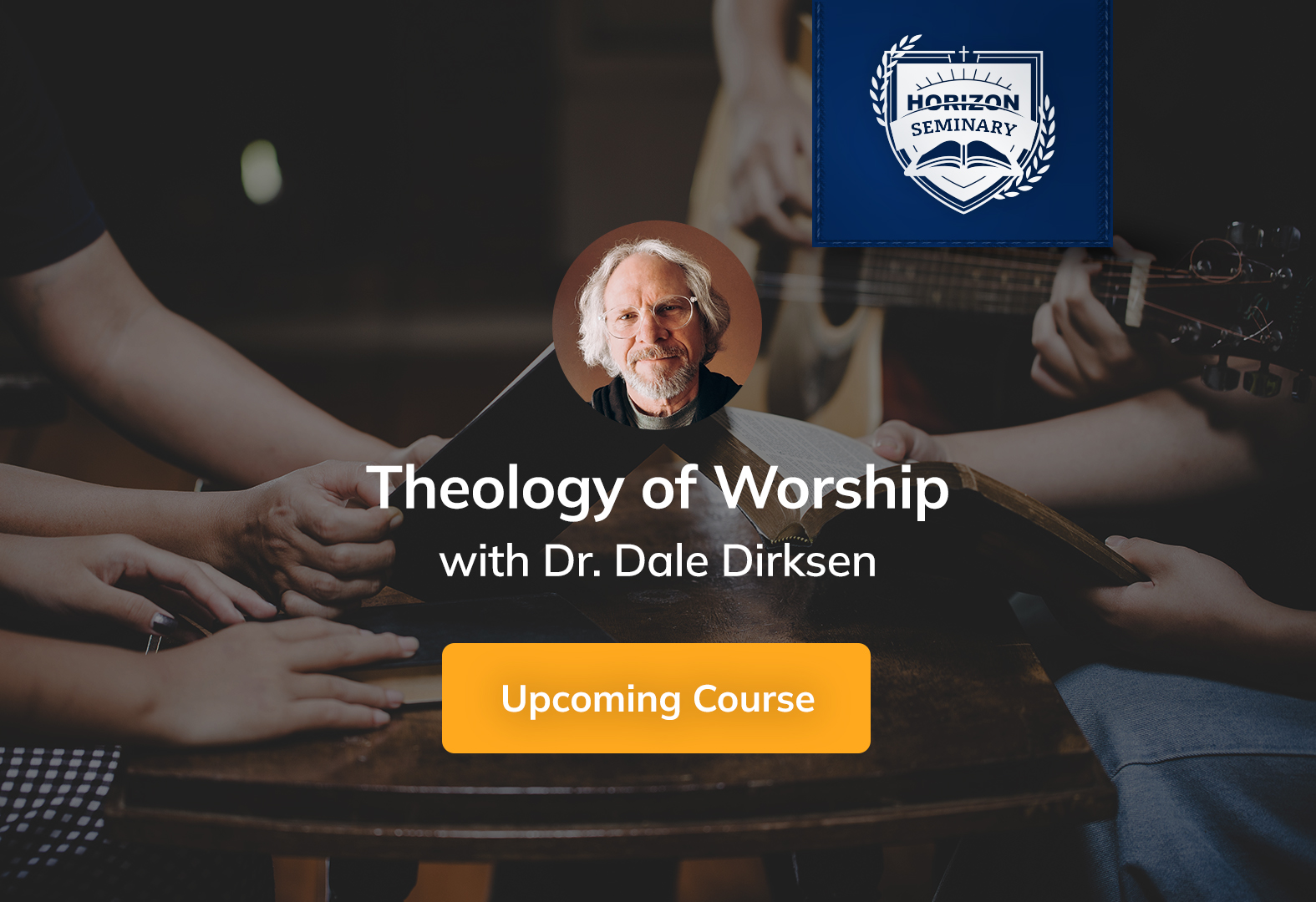
Thanks to COVID, I am now the primary academic instructor of my children (yeah, I’m a homeschool mom). What I’m teaching them seems to hold new importance. What I want them to know weighs heavily on my mind.
Remembrance Day is coming up.
What a great opportunity for me to instruct my children in… in what, exactly? If I affix the poppy to their coats, teaching them how to wear it so it doesn’t stab them and tell them we do this, “because people died,” well, that doesn’t seem like enough. So I’ve ordered books to help me tell the stories and look forward to sharing them with my kids – preparing their hearts and minds to solemnly reflect (or at least, be quiet!) during that moment of silence at the eleventh hour.
Sigh. This is where the ‘hard honest’ sets in.
Why is it suddenly so important to me to observe Remembrance Day?
This was supposed to be about what I want my kids to know. But as I consider the best way to approach teaching the significance of this day, I am faced with the ugly realization that I myself am ignorant.
Who in their right mind would say out loud that Remembrance Day is not that important? I don’t ever recall thinking to myself that it didn’t matter, but my lack of prior participation reveals that I’ve grown fairly complacent. This is not a comfortable thought, and certainly not comfortable to type.
Insert the most painfully true parenting wisdom I have ever heard: “You cannot impart what you do not possess.” (Howard G. Hendricks)
Ringing in my mind are the stories of Israel. I recall the Lord, through Moses, giving instructions (repeatedly) that they observe special holy days in order to remember. Deuteronomy 4:9 instructs the people: “Make them [the commandments] known to your children and your children’s children…”
But look at the first portion of the instruction: “Only take care, and keep your soul diligently, lest you forget the things that your eyes have seen, and lest they depart from your heart all the days of your life.”
There it is. Lest we forget. Lest it leave our hearts. How easy it is to gloss over the part that applies to me.
Perhaps the real tragedy is not only forgetting the history of what happened (certainly that is worth retaining), but losing the lessons learned. And when it comes to war, those lessons were learned the hardest way.
Freedom is costly. My freedom… cost. I must consider the enormous price paid for my liberty, purchased for me by the blood of others.
How. Familiar.
As a Christian, I ought to hold in the highest respect this sacrifice for freedom because my faith is grounded in my Saviour’s sacrifice. Remembering and honouring those who fought and died for my freedom is an act of honour towards Christ Himself.
Sadly, I suspect I am not the only one who has taken the cost of my freedom for granted. How did we get here? After all, we ARE in a war! The unseen war. The enemy of our souls seeks to have us divided, discouraged, deceived, and (my personal favorite), distracted. (That’s a lot of d’s).
“Take up our quarrel with the foe:
To you from failing hands we throw
The torch; be yours to hold it high.”
– excerpt from In Flanders Fields
The torch, I must hold. I myself must hold it if I hope to pass it on. I must fight against distraction and pause, bowing my knee in awed wonder at the suffering that bought my freedom and humbly ask for the strength to continue the fight.
Oh God, may I, may my generation, lead the way in esteeming these sacrifices with reverent, grateful hearts. May we worship you with our remembrance. You were faithful then, and You are faithful now.

Credit Lauren Daae
“But this I call to mind,
and therefore I have hope:
The steadfast love of the Lord never ceases;
his mercies never come to an end;
they are new every morning;
great is your faithfulness.”
(Lamentations 3:21-23 ESV)
 Jayna Snider, Director of Marketing
Jayna Snider, Director of Marketing
Horizon College & Seminary and Master’s College & Seminary










